How long can the battery of a new energy vehicle last? Do I need to replace it in 8 years? The battery life and replacement issues of new energy vehicles are the core pain points that car owners are most concerned about. Combining the latest industry data and expert opinions, the answer can be summarized as: the battery life is far more than 8 years, but the handling after the 8-year warranty expires requires scientific decision-making. The following are the key truths:
1. Battery life ≠ warranty period, 8 years is just the starting point
The 8-year or 120,000-kilometer warranty period stipulated by the state is essentially a guarantee of battery quality by car companies, not the actual end of the battery life. According to the measured data:
The cycle life of lithium iron phosphate batteries is about 3,000 times. Calculated by charging twice a week, it can be used for about 28 years (3,000 times ÷ 2 times/week ÷ 52 weeks ≈ 28.8 years);
The cycle life of ternary lithium batteries is about 2,000 times, and it can be used for 19 years at the same frequency.
Even considering the calendar life (natural aging of materials), mainstream batteries can last 8-10 years under normal use. Based on an annual mileage of 20,000 kilometers, the battery of a pure electric vehicle can still maintain 80% capacity after running 160,000-200,000 kilometers.
2. Should I replace the battery after 8 years? The key lies in these 3 tests
After the warranty expires, professional testing is required to determine the battery status;
Health test: If the battery capacity is ≥80%, it can continue to be used;
Consistency test: Check the differences between cells in the battery pack. Excessive differences can easily cause failures;
Safety test: Check the sealing and insulation of the battery pack.
There are three options based on the results:
1. Continue to use: Good health and no safety hazards;
2. Ladder utilization: Batteries with capacity decay to 30%-80% can be converted into energy storage equipment (such as backup power for charging stations);
3. Scrap recycling: Batteries with a capacity of less than 30% or safety hazards are disassembled to extract lithium, cobalt and other materials.
3. Is it expensive to replace batteries? The truth is far more complicated than imagined
Battery replacement cost: It costs about 50,000 to 150,000 yuan to replace a whole pack of batteries, but in most cases, only some damaged cells need to be replaced (the cost is about a few hundred yuan);
Used car residual value: The residual value of an 8-year-old new energy vehicle is about 20%-30% of the new car price, and battery replacement may not be as cost-effective as direct replacement;
Car company policy: Some brands provide subsidies for battery replacement, or launch a “car-battery separation” car purchase plan to reduce the burden on users.
IV. Three tricks to extend battery life
Charging strategy: Charge as you use it, avoid charging when the power is less than 20%;
Driving habits: Reduce sudden acceleration/sudden braking, and avoid high current discharge;
Environmental management: Preheat the battery before charging in winter, and avoid long-term exposure in summer.
How long can the battery of a new energy vehicle last? Do you have to replace it in 8 years? 8 years is not the deadline, rational decision-making is more important
Continue to use: The health level meets the standard and the demand for the car is stable;
Change the car: The residual value is higher than the cost of battery replacement, or pursue new technologies (such as solid-state batteries);
Recycling: Completely aged and has no reuse value.
The industry is currently working on solid-state battery and sodium-ion battery technology, and the battery life is expected to exceed 15 years in the future. Instead of worrying about changing batteries, it is better to pay attention to the car companies’ trade-in policies and battery health management services.

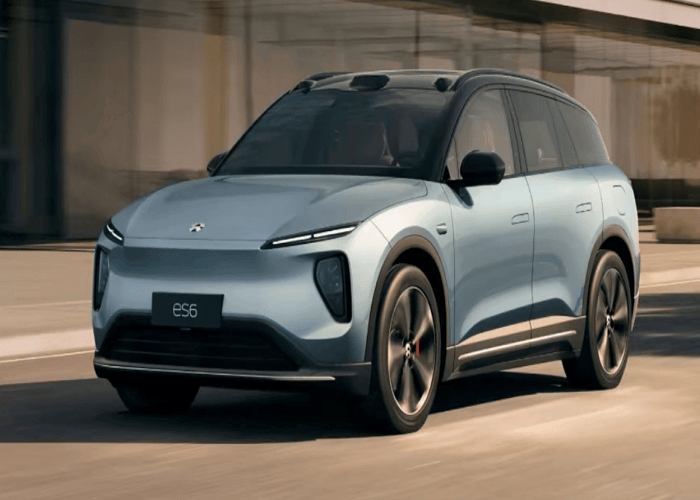

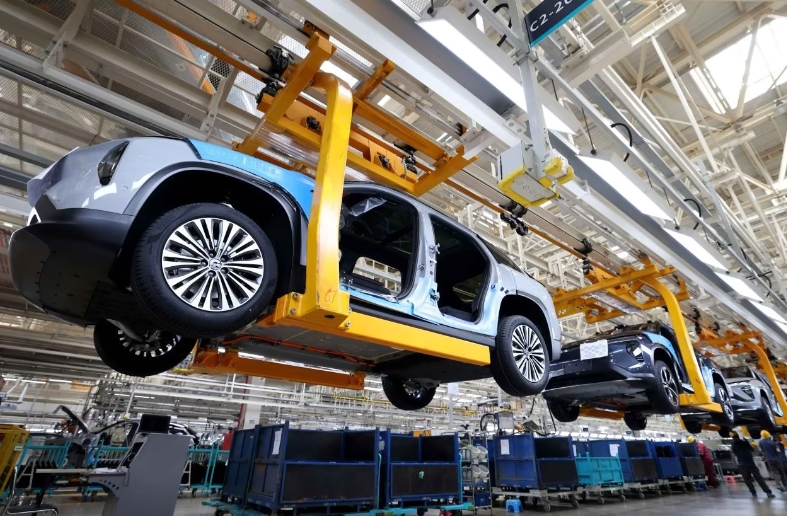
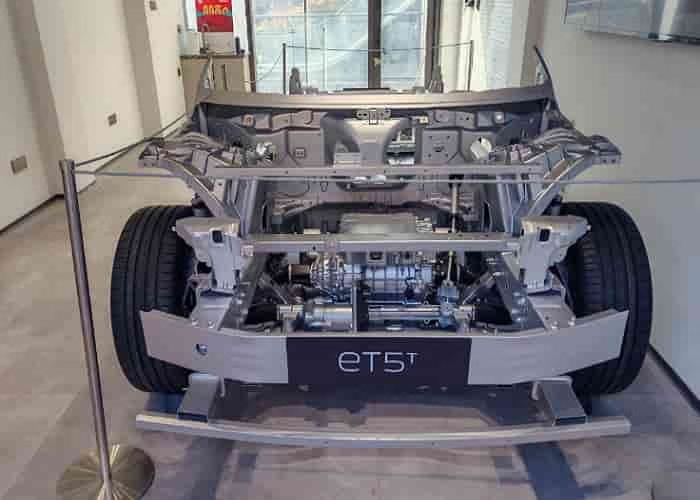
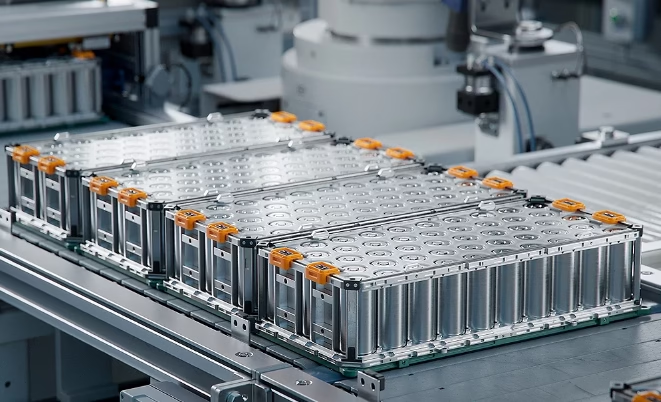
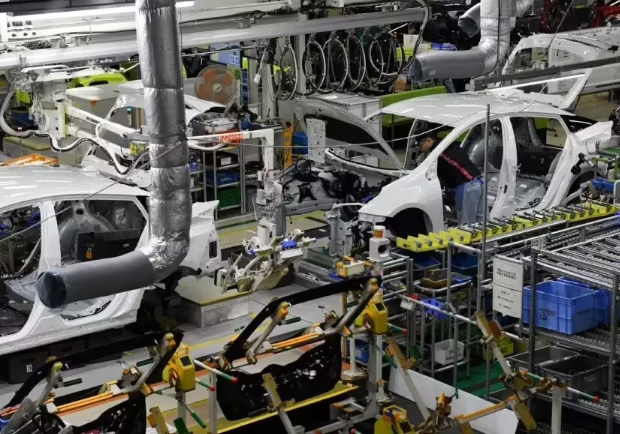
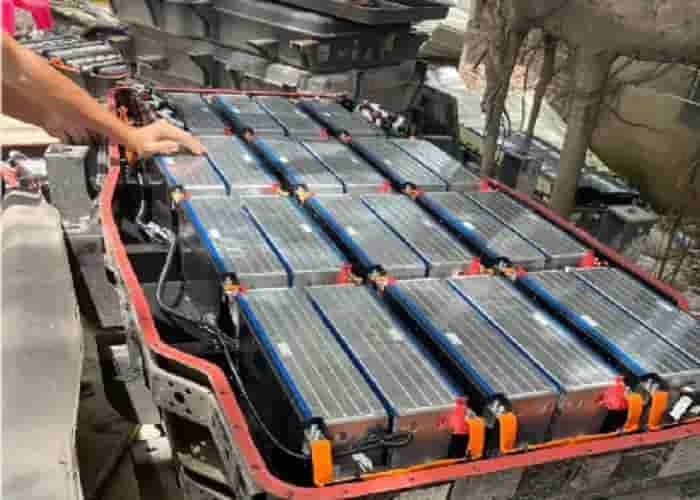
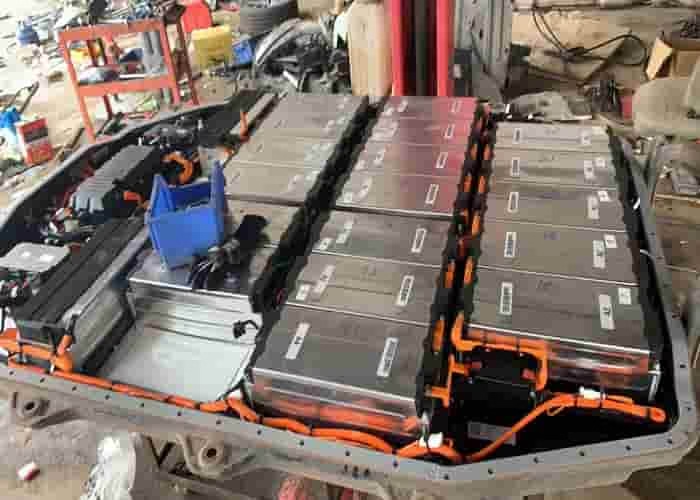
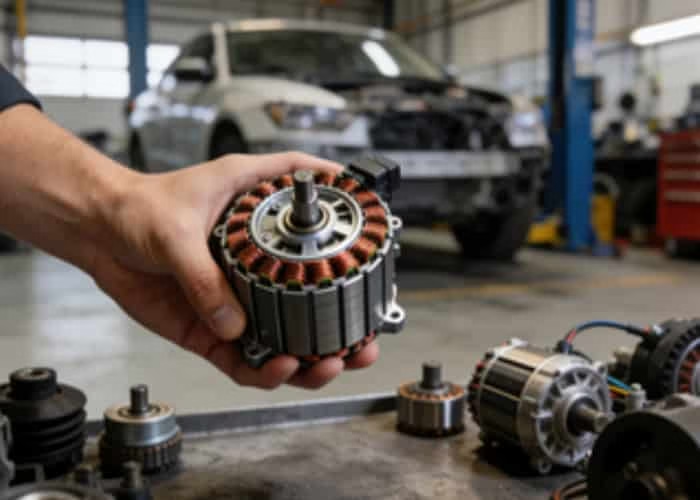
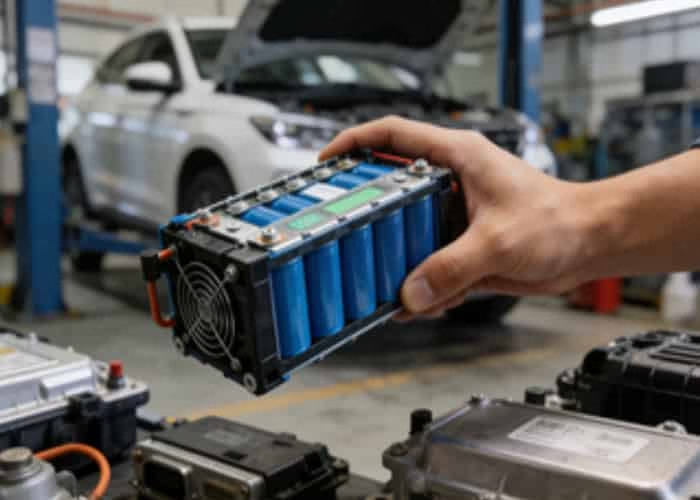
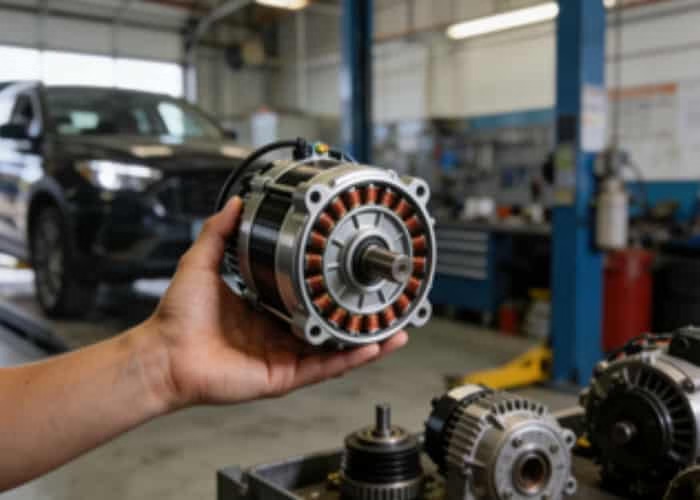
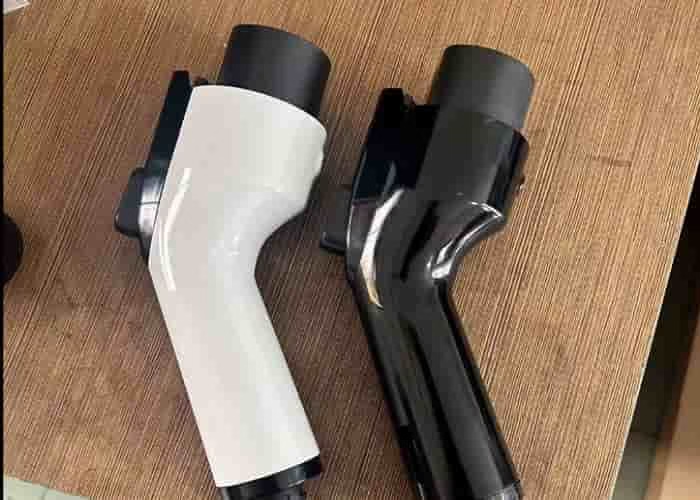
Leave a Reply